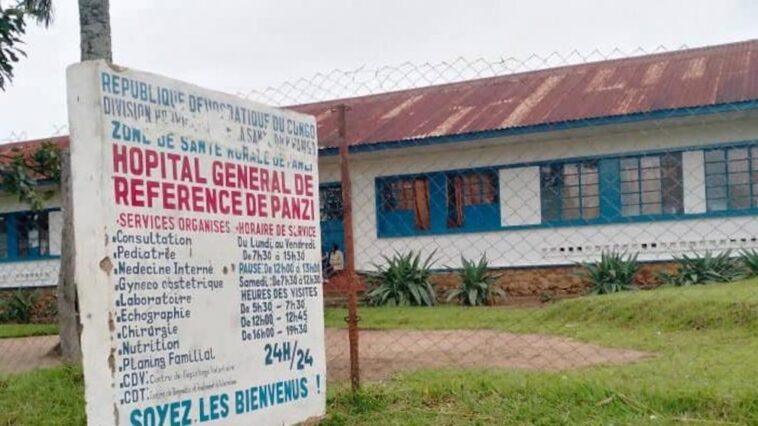
Mysterious Illness in Congo: A Malarial Misnomer or Unraveled Puzzle?
Unveiling the Deadly Mystery in Congo
The recent outbreak of a flu-like disease that has plagued the southwestern region of Congo, claiming numerous lives, mostly children, has raised alarm bells in the international health community. As rumors of this being a new, unknown disease start to circulate, some experts point towards a well-known adversary – malaria.
The Malaria Diagnosis Hypothesis
Recent laboratory sample results reveal that the mystery disease causing devastation in the remote Congo might be a peculiar manifestation of malaria. This speculation was evoked by the director-general of the National Institute for Biomedical Research in Kinshasa, Dr. Jean-Jacques Muyembe, who based the theory on the fact that nine out of the twelve samples taken tested positive for malaria. However, Dr. Muyembe admitted that the quality of these samples wasn’t up to par, prompting a need for further testing.
Malaria among Children in Congo
In the healthcare landscape of Congo, malaria has often been the culprit for many grave illnesses, especially in children. The fact that many of the victims in this outbreak are children gives weight to the hypothesis that this disease might indeed be malaria. However, the usual symptoms of high fever, headache, and severe weakness that accompany the disease are now also paired with similar symptoms of a severe cough and anemia, sparking a difference.
The Role of World Health Organization
Adding to this complex situation is Tedros Adhanom Ghebreyesus, head of the World Health Organization (WHO), who agreed that most samples tested positive for malaria. However, he suggested considering the possibility of multiple diseases being in play simultaneously – a dangerous notion that could further complicate diagnosis and treatment.
Challenges in Disease Control and Surveillance
Amid this rising health concern, the WHO reported 416 cases of this mystery disease with 31 hospital deaths and an additional 44 community deaths. The unfortunate reality is that most cases involve children under 14, and they occur mainly in the remote Panzi health zone in Congo’s western Kwango province, an area incredibly hard to access for healthcare providers.
Panzi: The Epicenter of an Emerging Health Crisis
The hurdles of location and accessibility have rendered local testing capabilities to be considerably lackluster. As a result, sample testing often occurs over 500 kilometers away, in Kikwit. The Panzi health zone, previously rocked by a typhoid fever epidemic two years back, is now also witnessing a seasonal flu surge. Unfortunately, these conditions combined with high levels of malnutrition and very low vaccination coverage, have left the people, particularly children, extremely vulnerable to diseases such as malaria.
Turning the Tide against Malaria in Congo
If indeed the mystery disease turns out to be a new form of malaria, it demands serious introspection into how nations are dealing with known diseases and underlines the urgency for refined healthcare infrastructures. The future health of Congo depends on this powerful call to action, to reinforce resilience by improving research capacities, fostering robust healthcare settings, and ensuring that no child, no matter where they are born, lives under the threat of a preventable and treatable disease like malaria.
Originally Post From https://abcnews.go.com/Health/wireStory/authorities-mystery-disease-congo-malaria-testing-needed-116682334
Read more about this topic at
New Deadly Virus Outbreak Reported in Congo
Mysterious Deadly Illness in SW Congo – that.reel.news.girl


